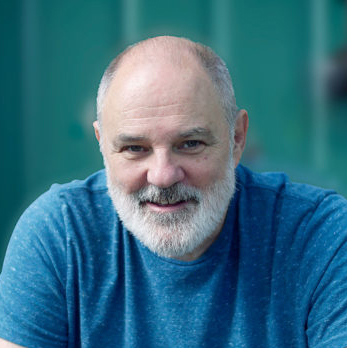It’s a psychic territory bounded on one side by the compulsion to be perfect in every way and by a wistful hope that what I do might be good enough.
This is familiar territory for many — or who knows, maybe for most of us.
Carey’s latest report, “Unhappy? Self-Critical? Maybe You’re Just a Perfectionist,” heads the list of today’s most e-mailed stories. No wonder. His story debunks prevailing thought about the importance of perfectionism.
Carey begins by listing the kinds of things perfectionists are told, tell themselves and, in a toxic hat trick, pass on to the next generations of perfectionists:
“Believe in yourself. Don’t take no for an answer. Never quit. Don’t accept second best.”
Sound familiar? It sure does to me.
In Sept. 2003, I wrote a column titled, “When Good Enough Is Good Enough,” offering help to someone with advice that I hoped would help me. I’m not a behaviorist (nor do I play one on TV), so I could only rely on my personal experience.
Perfectionism, I’ve found, creates writers block. For the longest time,
I hit send with bile in my throat, convinced my story hadn’t made the
grade. Perfectionism’s shadow darkened my writing life, in and out of
the newsroom. In journalism, perfectionism is particularly dangerous.
It’s the reason we don’t start writing until 30 minutes before deadline
so we can tell ourselves, “It’s not my fault it’s not better. I didn’t
have enough time.” It’s why we spend so much time on our leads,
operating under the delusion that our openers must be perfect — catchy,
newsy, a hook to snare the reader — or we’ve failed.
Perfection was like quicksand — it dragged me and my writing dreams
down. “We make a mistake when we’re younger,” Saul Pett, legendary
Associated Press writer once observed. “We feel compelled to hit a
home run in the very first sentence. So we spend a lot of time staring
at the typewriter. I’ll settle for a quiet single, or even a long foul,
anything that gets me started. When I talk to young writers, that’s the
most sensible advice I can give them.”
But perfectionism can be overcome with will power. Instead of agonizing
over your prose, hit the send button. Read the printout aloud, or to a
friend, spouse or your editor. (That’s a common practice at the
The Charlotte (N.C.) Observer.) Notes will sound off-key, sentences will seem too long,
paragraphs will need to be moved. Mark all these changes and without over-thinking, make changes. You can repeat this process infinitely, but
don’t. Once, maybe twice, will suffice. Then you must perform an act of
courage. No matter how bad you think it is, hit the send button. Fight
perfectionism by telling yourself that what I wrote today is what I was
capable of at this moment.
The day I could hit send was the day I realized that no matter
how much I craved perfection, I was not perfect, and that pursuing perfection was
holding me back as a writer. From that day on, writing and submitting
my work became easier, and successes came more frequently (so did
rejections, but at least I was in the game). I learned a lesson I wish
for all of us trying hard to write well. I may want to be perfect,
but that’s impossible. I’m a human, with strengths, weaknesses, aspirations and a hunger to be heard. Being human opens
us to the world. Perfectionists close off the world. I’ve learned what
I want to be and what I want to believe.
Thankfully, Carey’s piece offers scientific support for what perfectionists want to believe — that it’s OK to lower your standards. (Heck, no one has higher ones for you; others are absorbed by their own standards.)
Carey writes:
“…several recent studies stand as a warning against taking the platitudes of achievement too seriously. The new research focuses on a familiar type, perfectionists, who panic or blow a fuse when things don’t turn out just so. The findings not only confirm that such purists are often at risk for mental distress — as Freud, Alfred Adler and countless exasperated parents have long predicted — but also suggest that perfectionism is a valuable lens through which to understand a variety of seemingly unrelated mental difficulties, from depression to compulsive behavior to addiction.”
Read the piece. E-mail it to friends and family. And make sure you read the kicker.
It’s good … good enough. And so are we.






